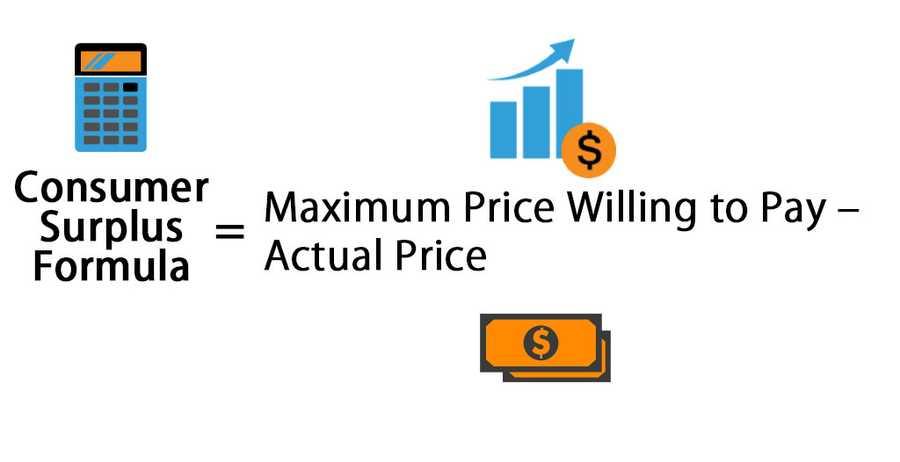Learn more about personaldevelopment with this collection
Why happiness is the ultimate goal
The importance of creating value
How to create wealth in the modern era
Kelly Criterion: Avoid Ruin
The Kelly criterion is a popularized mathematical formulation of a simple concept: Don’t risk everything. Stay out of jail. Don’t bet everything on one big gamble. Be careful how much you bet each time, so you don’t lose the whole kitty.
The number one way people get ruined in modern business is not by betting too much; it’s by cutting corners and doing unethical or downright illegal things. Ending up in an orange jumpsuit in prison or having a reputation ruined is the same as getting wiped to zero—so never do those things
62
643 reads
Schelling Point: Cooperating Without Communicating
It is a game theory by Thomas Schelling. It’s about multiplayer games where people respond based on what they think the other person’s response will be.
How do you get people who cannot communicate with each other to coordinate?
Seems impossible, but you can use social norms to converge on a Schelling point.
Suppose two companies are competing heavily and hold an oligopoly. Let’s say the price fluctuates between $8 and $12 for whatever the service is. Don’t be surprised if they converge on $10 without ever talking to each other.
56
510 reads
Turn Short-Term Games Into Long-Term Games
Negotiations are won by whoever cares less. Negotiation is about not wanting it too badly. If you want something too badly, the other person can extract more value from you.
If someone is taking advantage of you in a negotiation, your best option is to turn it from a short-term game into a long-term game. Try to make it a repeated game. Try to bring reputation into the negotiation. Try to include other people who may want to play games with this person in the future.
60
477 reads
Compounding Relationships Make Life Easier
Once you’ve been in a good relationship with somebody for a while whether it’s business or romantic life gets a lot easier because you know that person’s got your back.
The most under-recognized reason startups fail is because the founders fall apart.
A startup is so difficult to pull off, so removing potential friction points between founders can be the difference between success and failure.
Also, It’s better to have a few deep compounding relationships than many shallow, non-compounding relationships.
53
430 reads
Price Discrimination: Charge Some People More
Price discrimination means you can charge people based on their propensity to pay.
You can’t charge people different amounts just because you don’t like them. You have to offer them something extra. Something rich people care about.
It works because rich people are willing to pay more. You just have to give them the extra little things they need to signal they’re rich or that little bit of comfort they want.
A lot of enterprise software companies use price discrimination, especially with freemium products.
60
424 reads
Consumer Surplus: Getting More Than You Paid For
Consumer surplus is the excess value you get from something when you pay less than you were willing to pay.
I’ve made some money and get a lot of joy from my Starbucks coffee. So if my coffee cost $20, I would pay it.
But Starbucks can’t price the coffee at $20 just for me, because they’re selling the exact same product to others. So I’m getting a lot of consumer surplus out of the coffee.
All businesses generate consumer surplus. Amazon might be a trillion-dollar company, but I’ll bet they’re generating trillions in consumer surplus through people’s willingness to pay for convenience.
54
401 reads
Net Present Value: What Future Income Is Worth Today
You’re joining a startup and getting stock options, and the founder says, “This company is going to be worth $1 billion, and I’m giving you 0.1% of the company; therefore, you’re getting $1 million worth of stock.”
The founder is negotiating based on what it’s going to be worth in the future. You have to figure out what it’s worth today by applying a discount rate, or an interest rate, that accounts for the massive risk startups face.
You’ll end up with the amount the company is actually worth today. That’s the price at which a venture capitalist would invest in the company.
58
377 reads
Externalities: Calculating the Hidden Costs of Products
An externality is where there’s an additional cost imposed by whatever product is being produced or consumed, that’s not accounted for in the price of the product.
The environment is finite and precious, so we have to price the product properly and fold that back into the cost of products.
If people are wasting water, or polluting in other ways, society should charge them what it costs to clean up the pollution and return the environment to a pristine state.
But if you raise the price high enough, you’ll knock out pollution. That’s much better than feel-good measures like banning plastic bags.
52
370 reads
IDEAS CURATED BY
Other curated ideas on this topic:
9 ideas
Read & Learn
20x Faster
without
deepstash
with
deepstash
with
deepstash
Personalized microlearning
—
100+ Learning Journeys
—
Access to 200,000+ ideas
—
Access to the mobile app
—
Unlimited idea saving
—
—
Unlimited history
—
—
Unlimited listening to ideas
—
—
Downloading & offline access
—
—
Supercharge your mind with one idea per day
Enter your email and spend 1 minute every day to learn something new.
I agree to receive email updates







